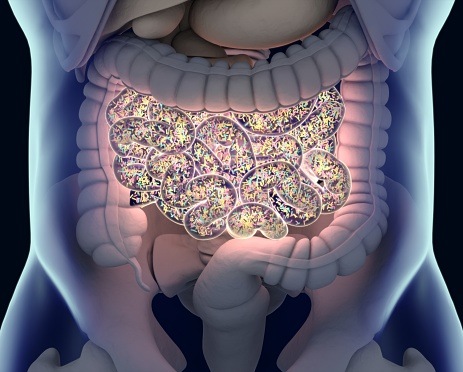In a study published in the International Journal of MCH and AIDS, investigators reported that the incidence of hospitalization and comorbidities in patients with pediatric inflammatory bowel disease (IBD) continues to increase annually. Additionally, researchers found that the rate of intestinal resection has decreased over time for pediatric patients with Crohn’s disease but not for those with ulcerative colitis (UC).
The researchers evaluated trends in hospitalizations, comorbidities, surgical procedures, and postoperative complications in pediatric patients from the National Inpatient Sample Database with Crohn’s disease or UC.
Between 2002 and 2015, the authors identified 119,282 admissions for pediatric IBD and found that the annual incidence of hospitalization significantly increased in both Crohn’s disease (average annual percent change [AAPC], 6.0%) and UC (AAPC, 7.2%). In patients with Crohn’s disease, intestinal resection decreased (AAPC, –6.4%), comorbidities increased (AAPC, 6.8%), and rate of postoperative complications was stable. Comparatively, in patients with UC, postoperative complications (AAPC, 6.7%) and comorbidities (AAPC, 10.2%) both increased significantly over time, while resection rates remained unchanged.
Based on their findings, the investigators highlighted an unmet need for prevention and treatment options for pediatric patients with IBD.
Reference: Ihekweazu FD, Dongarwar D, Salihu HM, Kellermayer R. National trends in hospitalization, surgical resection, and comorbidities in pediatric inflammatory bowel disease in the United States, 2002-2015. Int J MCH AIDS. 2022;11(1):e522. doi:10.21106/ijma.522
Source: https://mchandaids.org/index.php/IJMA/article/view/522









